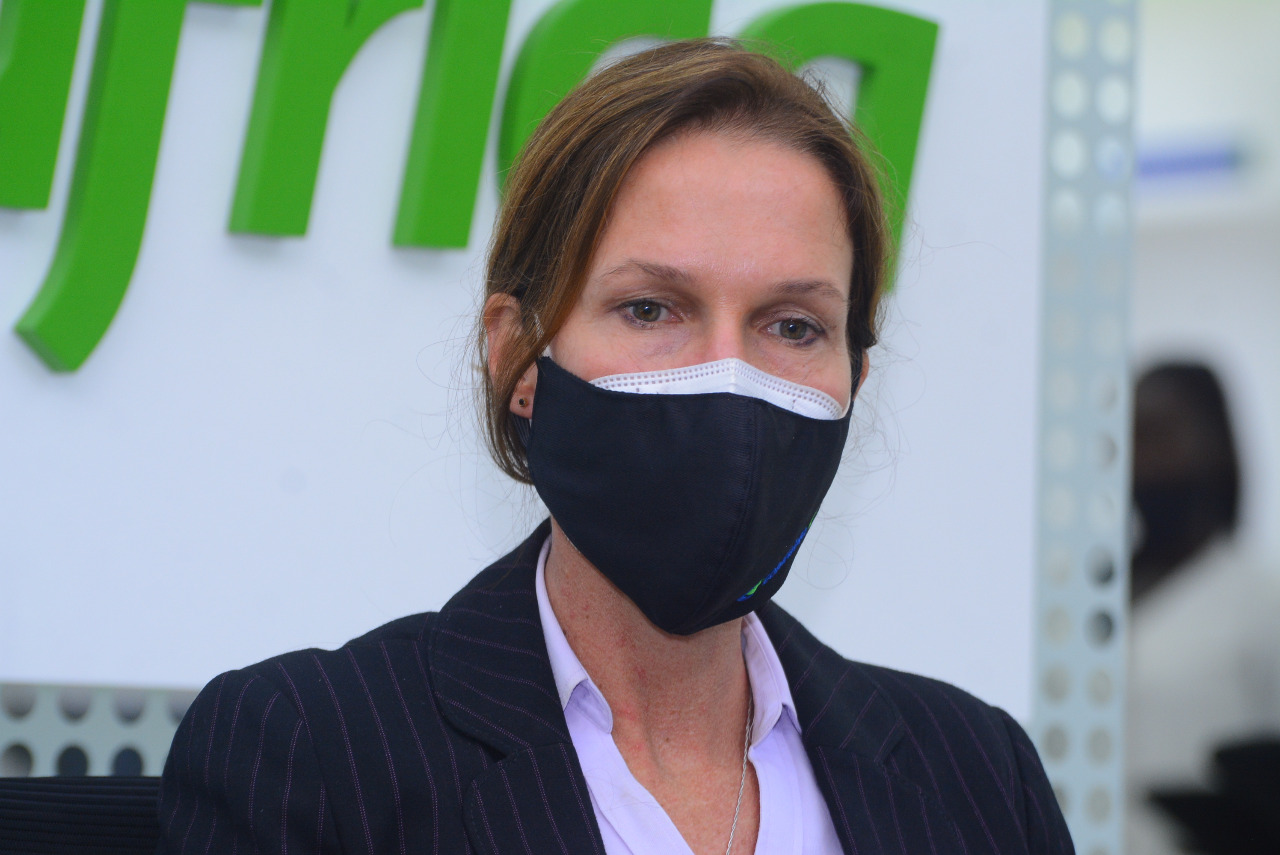In 2006, Dr Linda Thorpe set camp at East Africa’s premier medical training-cum treatment facility, The Aga Khan University Hospital (AKUH) holding a chalk, a scalpel and a stethoscope around her neck.
She would proceed to develop a curriculum as well as establish a family medicine faculty at AKUH where she has worked as a clinical assistant professor. She juggled her time between the lecture halls and AKUH’s family medicine clinic where she developed long-lasting relationships with her patients who to date remain her most loyal clients.
She says of her philosophy of care: “I experienced a major gap in Kenya’s health norm where people only seek medical treatment when very sick, more or less a curative approach that is burdensome and costly to the medical system.
“The world over has long shifted from that practice to a largely preventive approach to medical practice where individual family members view hospitals as wellness centres and not sick bays,” she adds.
Dr Thorpe told C-Suite Style she partnered with America’s Seattle-based healthcare fund, Columbia Pacific Management, in establishing the first wellness clinic at Parklands with an initial injection of Sh200 million in 2006.
The centre keeps updated records of all patients, providing continuity of care through annual health checkups. This, she says, creates a window for early detection of opportunistic ailments that occur due to unhealthy lifestyles.
Some of the main factors contributing to lifestyle disease are bad food habits such as eating lots of meat and engaging in binge- drinking regularly and spending most commute time in personal vehicles or sitting in front of television sets for days on end.
“Our work-life balance is ill-informed by the need to put in lots of hours at our office desks while those working at home due to Covid snack all the time. Sedentary lifestyle spells serious health problems and that is where we come in,” she adds.
Dr Thorpe, who serves as the facility’s co-ordinator, says regular checkups could inform a major change in dietary and physical wellness regimes for families, leading to happy lives and hence more productive disease-free years.
“Our role is to understand every patient’s needs‑from physical to emotional well-being, including their daily breadwinning endeavours. Family relationships have also been known to cause stress, leading to various ailments as well as a toxic environment at work,” she adds.
Dr Thorpe says individual family expenses on medical treatment as well as the national health budget could be drastically reduced if Kenya shifted its curative approach to preventive-based treatment.
She says early diagnosis is also key to national policy planning where serious ailments are detected and mitigated early instead of having Kenyans to wait until terminal ailments manifest themselves before seeking treatment.
Saying her dream is to make people enjoy the most out of their lives, the UK- educated medic says medical treatment should not necessarily involve prescription of drugs, surgery and hospital admissions but should nurture a symbiotic doctor-patient relationship that affirms to her motto, “health is wealth”.
“We care for the entire family when they are sick and ensure they remain healthy. Our regular patients make appointments with their preferred family physicians who provide continuous care for common problems. We also provide continuous care for chronic illnesses such as high blood pressure, diabetes, asthma, arthritis and emotional problems.”
New clientele
During annual exams, they check for cholesterol, blood pressure, diabetes and cancer. This has attracted new clientele from some school communities as well as some employees in both public and private organisations.
Last year, the Seattle-based firm opened its second healthcare outlet in Nairobi’s Lavington neighbourhood, constructed at a cost of Sh225 million.
Columbia Africa Medical advisor John Tole adds that they have invested in acquiring the latest laboratory and radiology equipment to avail advanced services to Kenyans who have in the past been flown abroad for specialised treatment.
Several wellness outfits are also mushrooming around Nairobi where the major emphasis is for Kenyans to walk, exercise often as well as eat healthy while creating time to “converse” with their family physicians.
“Paying for checkups is far much cheaper than seeking treatment for terminal ailments when it is detected late (at an advanced stage),” she says.
